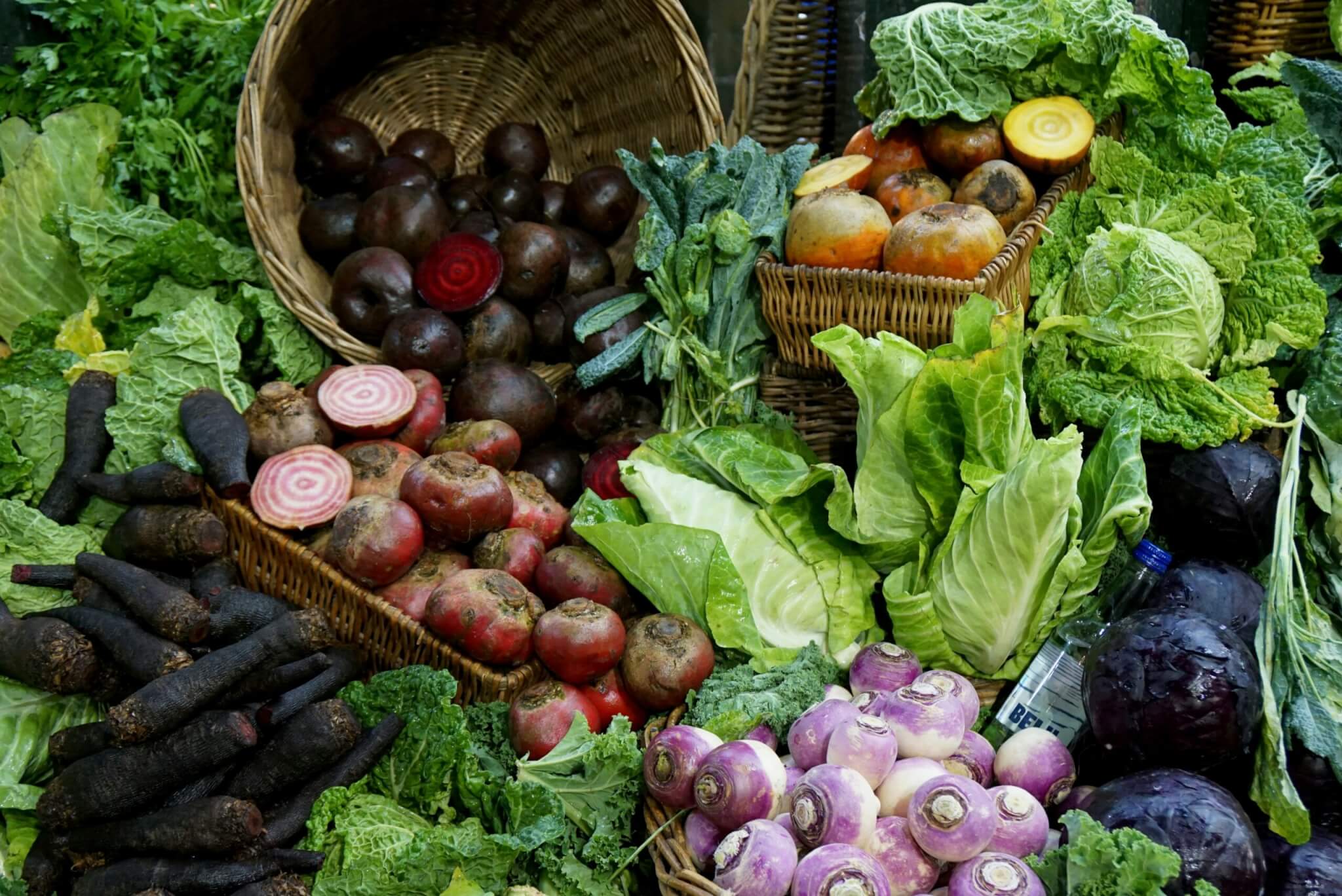Encouraging farmers to sell soil carbon or biodiversity gains to the private sector is a dangerous step towards commodifying nature that offers only fake solutions to the climate and nature crises.
That was the view of panelists at the recent Oxford Real Farming Conference scrutinising the current gold rush to selling the carbon storage and wildlife benefits of sustainable farms, to top up farmer incomes and offset declines or emissions elsewhere.
It comes as the government released the first specific details about how it will pay farmers for protection of soil, nature and landscape. In the recently published soil payment plan, Defra explicitly stated: “We will ensure that we are not crowding out private finance and that land managers are better off where they access private markets.”
In the meantime, private sector companies like developers, airlines or big corporations are already approaching land-owners and bigger farmers to build relationships ready to purchase carbon or biodiversity ‘credits’, and offset declines or emissions in both areas due to their primary activity.
Speaking on the panel, conservationist and director of the College of Real Farming and Food Culture, Ian Rappel, said: “Markets will transform nature into a commodity and look where that has got us. Whereas agroecology is a process of decommodification.”
Agroecology is a system of farming that combines ecological principles with food production, with strong roots in social justice and the rights of land workers and small farmer as a counter to commodified, global and intensive food systems.
Political economist and professor at Kings College London, Sarah Bracking, said: “The language of net zero is dangerous: you cannot destruct something and then pay for something elsewhere. It is illogical.”
Bracking, whose work has focused on the study of money and finance, including the emerging climate finance architecture, demonstrated how a tiny proportion of money raised through offsets actually benefits projects on the ground.
Instead, she highlighted that trading intangible assets and financial pledges diverts efforts and funding for environmental action that could be used elsewhere to better results.
“The logic of offsets is that by putting nature in economic value, we will value it more. But it actually ignores those who do value it, and the idea of exchanging value actually makes it more disposable. Our valuations systems are human and can’t be quantified,” she said.
Panelists also discussed the non-financial benefits to nature, whether that’s mental health, exercise or other benefits to green space, and resisted the idea that quantifying and valuing nature was the only way to protect it.

A question from the audience asked whether we should consider the benefits to natural habitats and conservation efforts by accepting funding from those wanting to offset, but Rappel, who spearheaded a successful campaign against an expansion of the M4 in Wales on the grounds of the non-monetary value of nature, said that view was “naiive”.
“They always come out on top,” he said, speaking of financial bodies involved in trading. Rappel also said it’s a “sign of the times” and current political leadership that the financialisation of everything in society is so hegemonic.
“It’s almost as if neoliberalism will only allow a discussion of something if it has a market value,” he said.
“But nature is not what people go to for cash; it is an alternative world with an alternative value system. Farm don’t just farm for money, it’s also deeply cultural. It’s a sign of the times that monetary values are so hegemonic. Conservation feels like the last horse out of the financial box.”
Speaking from the point of view of farmers, who are facing delays and uncertainties on how much and what exactly the government will pay them for, founder of organic veg box company Guy Singh-Watson said he might not agree with taking funding for soil carbon, but he would take it to fund sustainable projects like a large-scale agroforestry trial.
But he said he had a position of “extreme cynicism”, from the difficulties of measuring soil carbon to the length of time it actually takes to make a meaningful difference to calculations.
“One farmer told me he sent three samples of soil to measure their carbon content and he got three different results. There is no way are we ready to trade something we can’t measure,” he said.
Food systems consultant Honor Eldridge explained how Biodiversity Net Gains (BNG) are already being used to offset loss of nature in big urban building projects, as well as the concerns this process raised.
“The current thinking accepts that development is going to carry on at pace, but will incorporate elements of nature,” she said. “But you can’t really have isolated areas of high levels of nature because species need to be able to travel.”
All panelists pointed to where the benefits of such carbon and biodiversity trading schemes really lies: generating income primarily from nature in the guise of a ‘solution’, primarily for financial traders rather than farmers, and without really reducing the harmful actions that are driving its declines elsewhere.
Pointing out where efforts to curb climate change might be more usefully directed, Singh-Watson said: “As those in power are so keen on market-based solutions, why don’t we tax fossil fuels, responsible for 89 per cent of climate change?”












jennyh
Riveting article, reminds me of the well used phrase ‘ the price of everything , and the value of nothing’
That humans do not learn from the lessons of history ……!
Why do we allow those who ‘seem’ to have ‘control’ monetise everything?
Why do we repeatedly let them have their own way – when any sentient being can see it is (yet another) travesty??